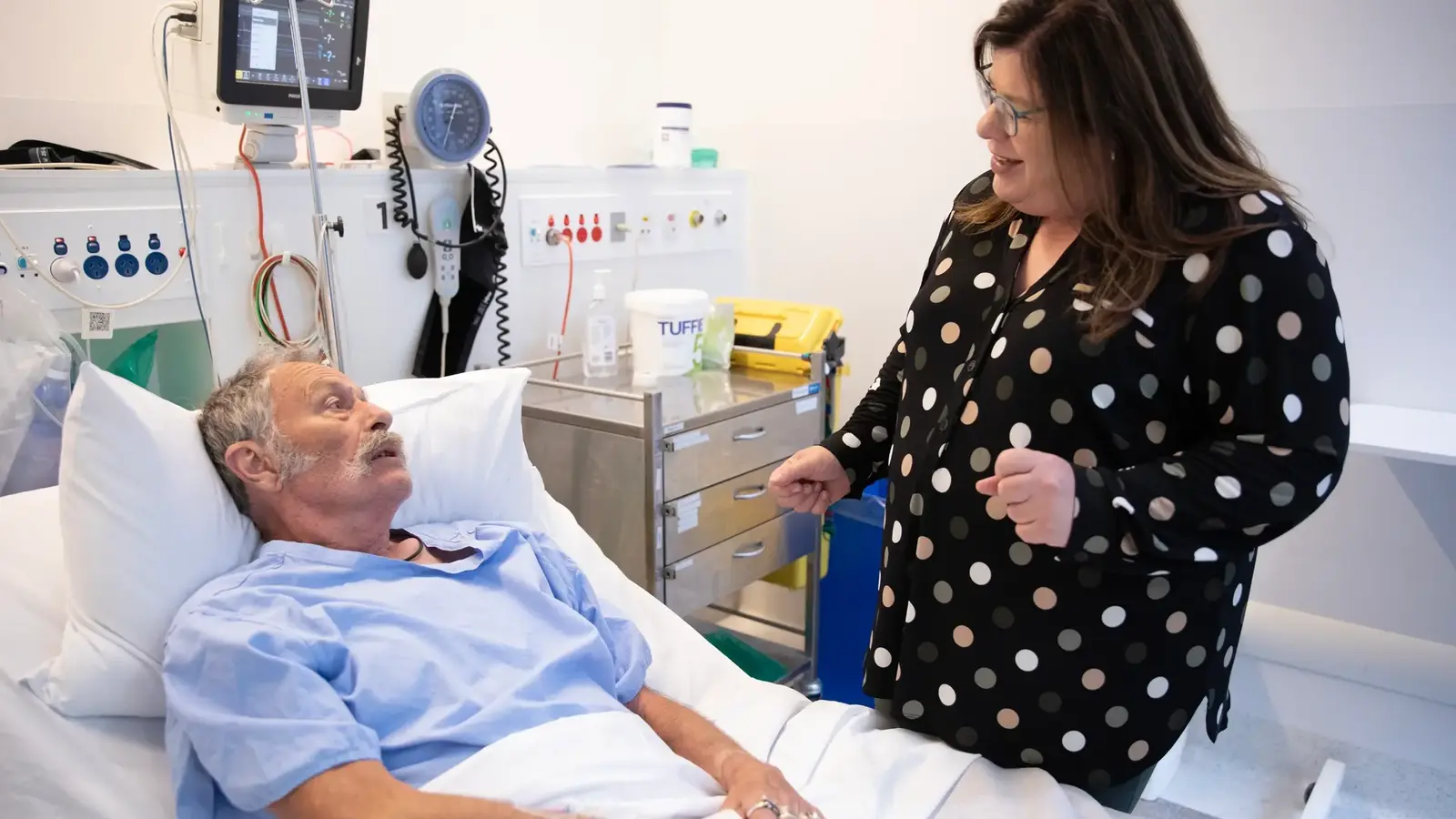Outcomes from the 2023 ANZCA Academic Enhancement Grant

Read the first in a new series of summary reports on ANZCA Foundation-funded research from the laboratory to clinical practice.
These reports will include several significant and potentially practice-changing ‘world-first’ scientific discoveries, as well as landmark achievements in research methodologies and technology.
Background
The ANZCA Foundation recently received a final report on the outcomes of its funded 2023 Academic Enhancement Grant entitled ‘Collaboration, mechanisms and modulation: improving perioperative brain health’, led by Professor Robert Sanders, Nuffield Chair of Anaesthetics at The University of Sydney, NSW, and his team. Completed in 2024 and leading to a publication in The Lancet Health Longevity, this program aimed to guide best clinical practice in Australia, revolutionise understanding of acute illness and surgery mechanisms altering cognitive trajectory, and lead international trials on delirium prevention, addressing a significant knowledge gap.
Translating research into national standards
The first of the three projects in this program, translating research into national standards and a collaborative network, led to a paper describing Australian views of ESA perioperative guidelines being accepted by Anaesthesia & Intensive Care, and an active consumer group in partnership with the ANZCA Clinical Trials Network.
Acute illness and surgery mechanisms altering cognitive trajectory
The second project aimed to determine whether cumulative hospitalisations lead to chronic inflammation, neurodegeneration, and long-term cognitive decline, using UK Biobank data from 2006-2023. Primary outcomes were hippocampal volume and white matter hyperintensities, and surgeries were calculated cumulatively from eight years before baseline.
With 492,802 participants included and 46,706 undergoing MRI, small adverse associations with cognition were found per surgery. Surgeries were associated with smaller hippocampal volume, greater white matter hyperintensities volume, and neurodegeneration of the insula and superior temporal cortex.
The team concluded that surgeries are generally safe, but cumulatively associated with cognitive decline, and that neurodegeneration and perioperative brain health should be prioritised for older, vulnerable, and multiple-surgery patients.
Leading international trials on delirium prevention
The third project, conducting new trials informed by discovery, collaboration and new networks, led to the NHMRC-CTC-funded DECIDE trial investigating dexmedetomidine and delirium-free survival after cardiac surgery. An adaptive platform trial is being set up including an agreement on the required simulations, for which the team is seeking further funding.
Overall outcomes
This program has fundamentally advanced scientific knowledge of brain health and current best practice, defined the scope of potential cognitive harm and brain degeneration that may follow surgery, and evaluated the suitability of current guidelines for protecting brain health in Australian practice. The team is now designing new trials to define therapies to protect our patients.




